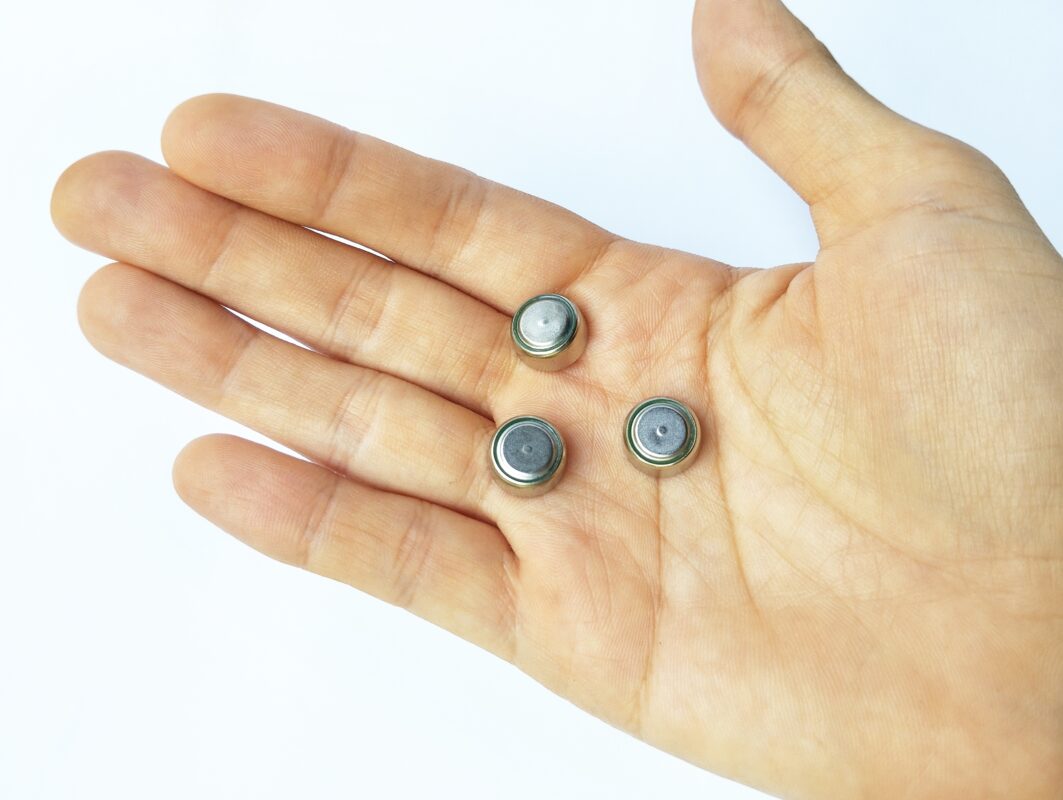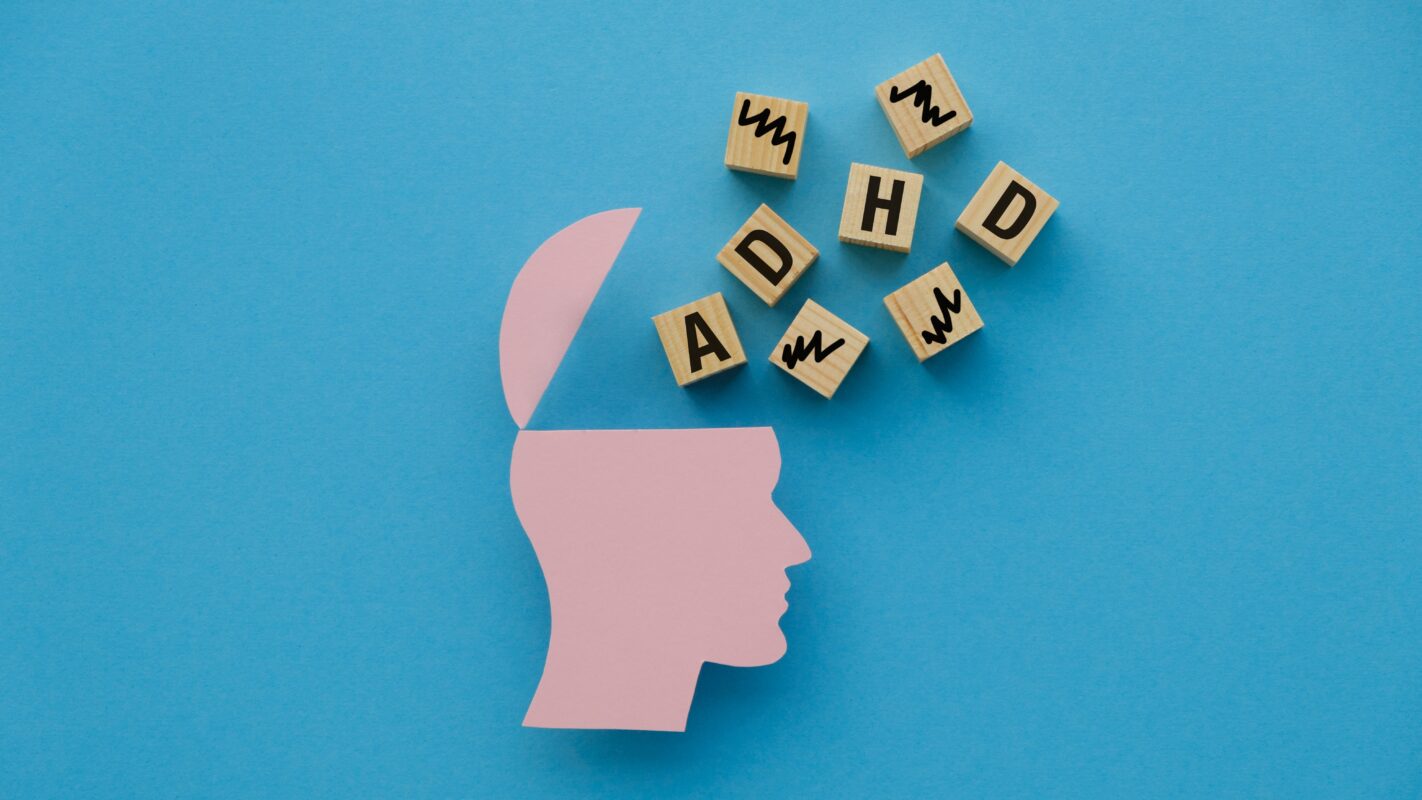My dad suffered a stroke when I was in high school and part of his return to normalcy was working with a speech pathologist. I was fascinated by the process, and it led me to declare it as my major when I attended the University of Florida (UF) as an undergraduate. I was the first in my family to attend and graduate from college.
My curriculum and training in speech pathology intertwined with audiology, and I soon found myself drawn to its study instead. In the late 1990s, the doctor of audiology degree was still new, with few schools offering it. Upon graduation from UF, I entered an AuD program at the University of Louisville and completed my residency at the Mayo Clinic in Scottsdale. After eight years total of university learning, I graduated as Dr. Elizabeth (Liz) White.
My first decade as an audiologist took me all over the country where I met amazing patients and colleagues and learned about a variety of issues that affected their hearing and quality of life. My patients always treated me with the respect deserving of my training and expertise. When I introduced myself as “Dr. Liz White” it seemed to bring them ease. They hoped that I had the expertise to improve the quality of their hearing and their lives and I prided myself on filling that role.
As a young practitioner, however, I noticed a trend among co-workers. Receptionists, administrators, and even physicians in other fields would leave off the “Dr.” when addressing me. When specialists would refer patients to me, I was “our girl who handles hearing” or “our girl in the back.” My protests to call me by my proper title—the one I had worked so hard to earn—fell on deaf ears—pun intended. It seemed that my title was not real to anyone but myself and my patients.
Recent Posts
Why Wild Animals Don’t Have Floppy Ears
In 1959, a scientist began a domestication experiment with silver foxes. Critics believed the experiment was, at the very least, too ambitious (if not outright…
Button Batteries and Socioeconomic Risk
Button batteries, or coin cells as they are also known, are used commonly in small electronics, like watches, calculators, and of course, hearing aids. Recently,…
Attention-Deficit/Hyperactivity Disorder in Adults
Ashman and colleagues (2025) recently published a report that examined health center visits by adults who had a diagnosis of ADHD. These authors used data…


